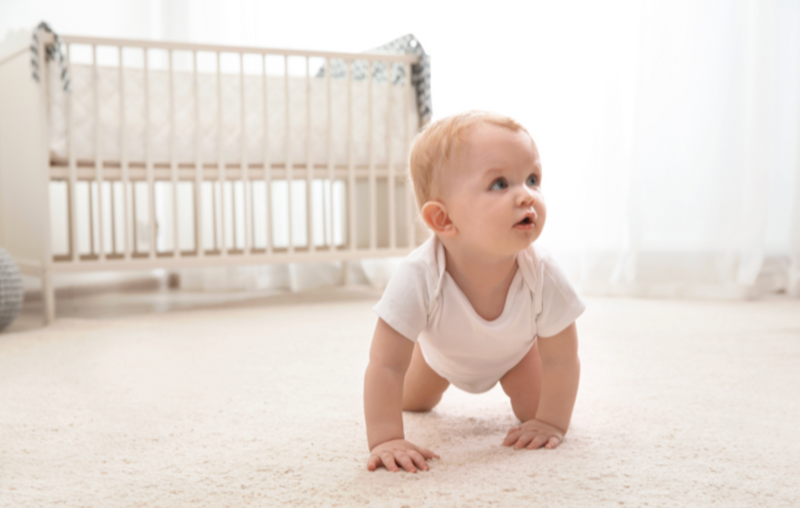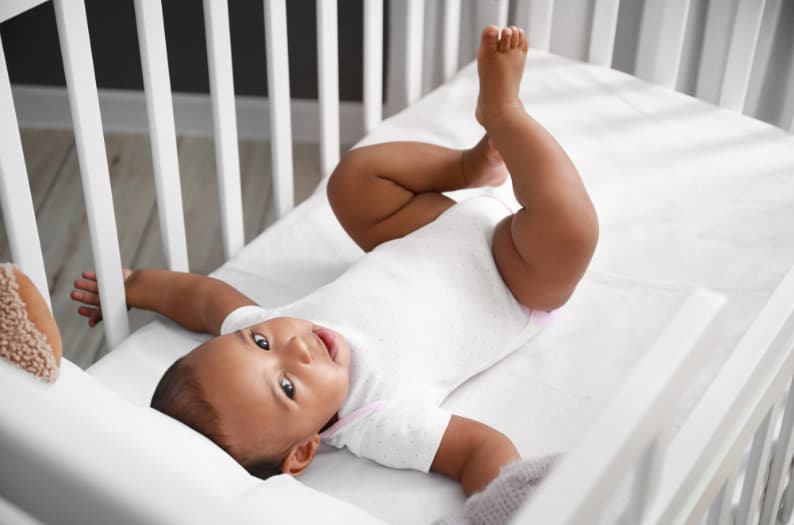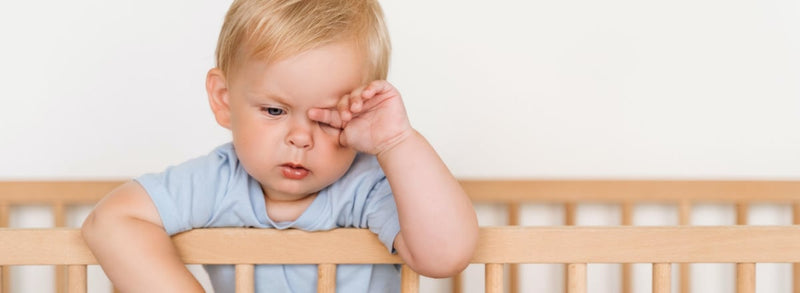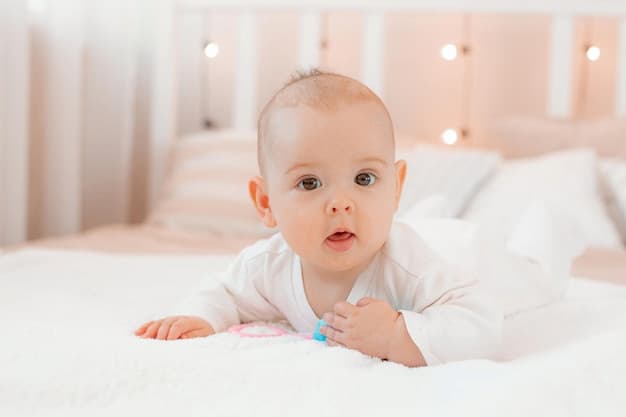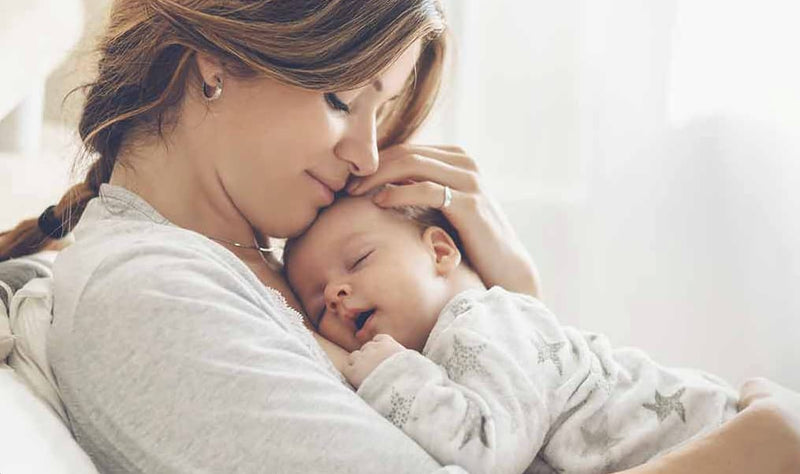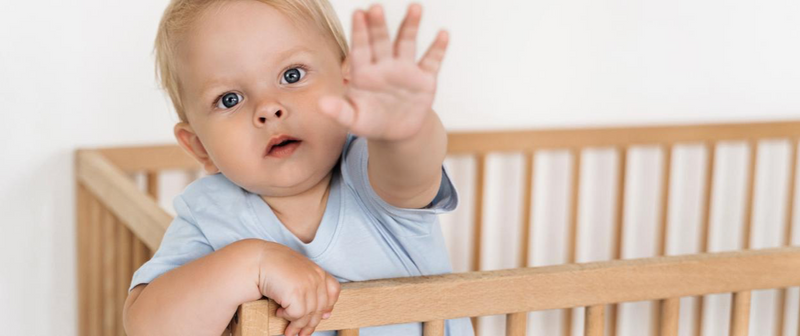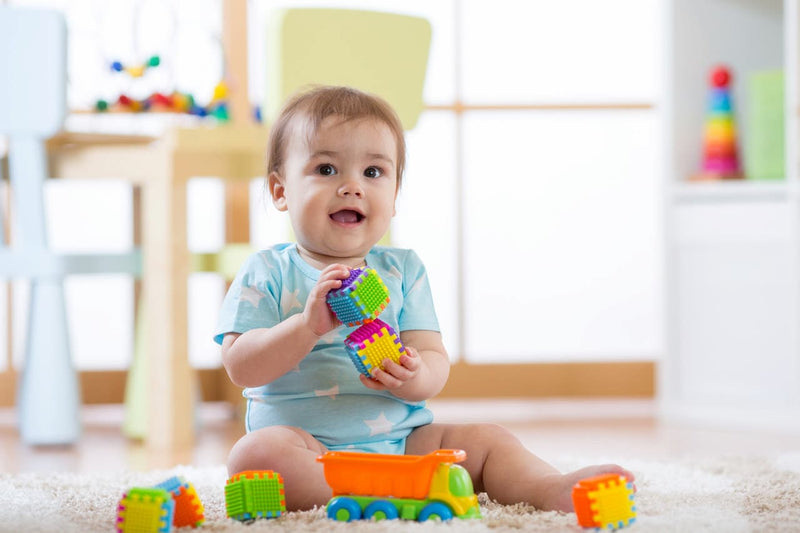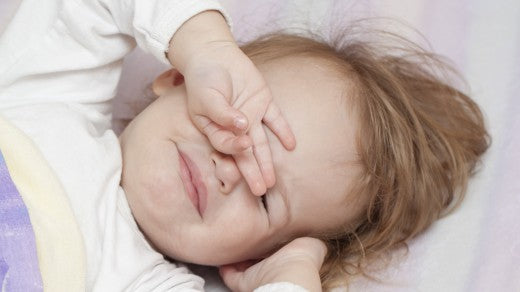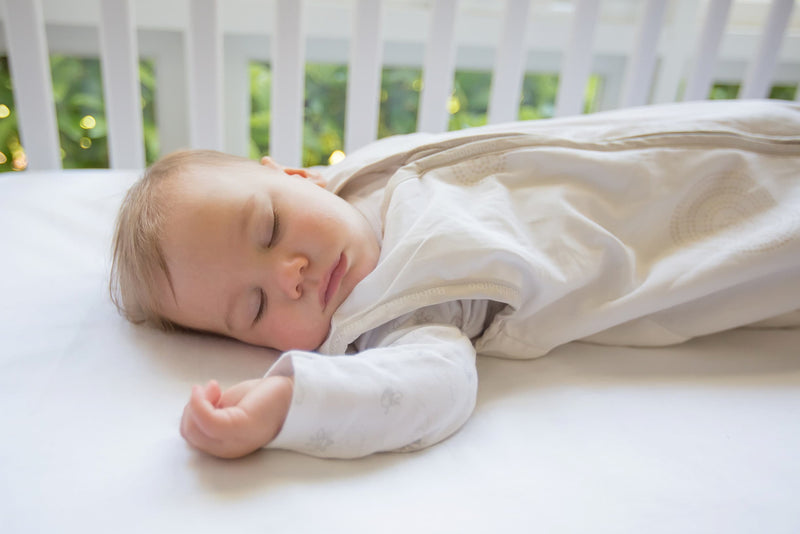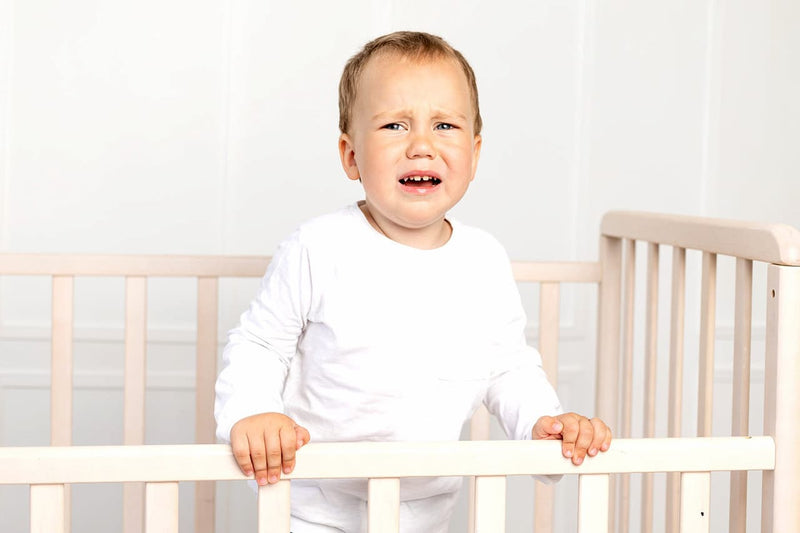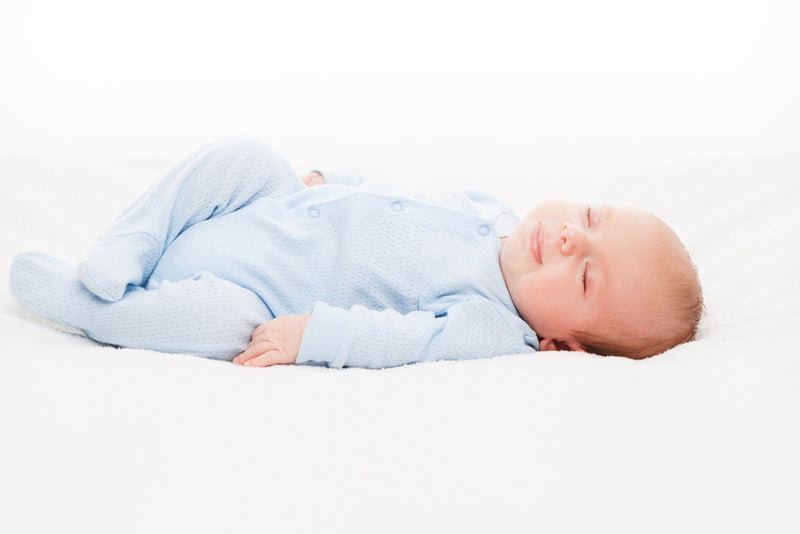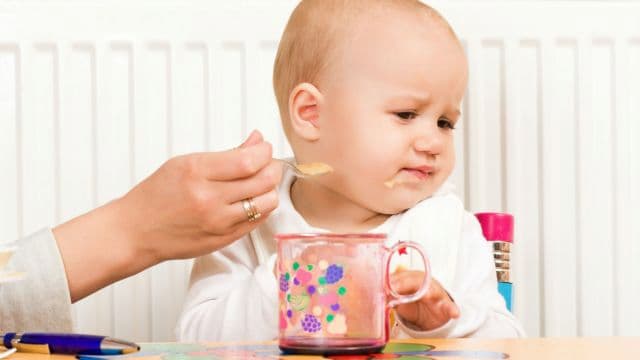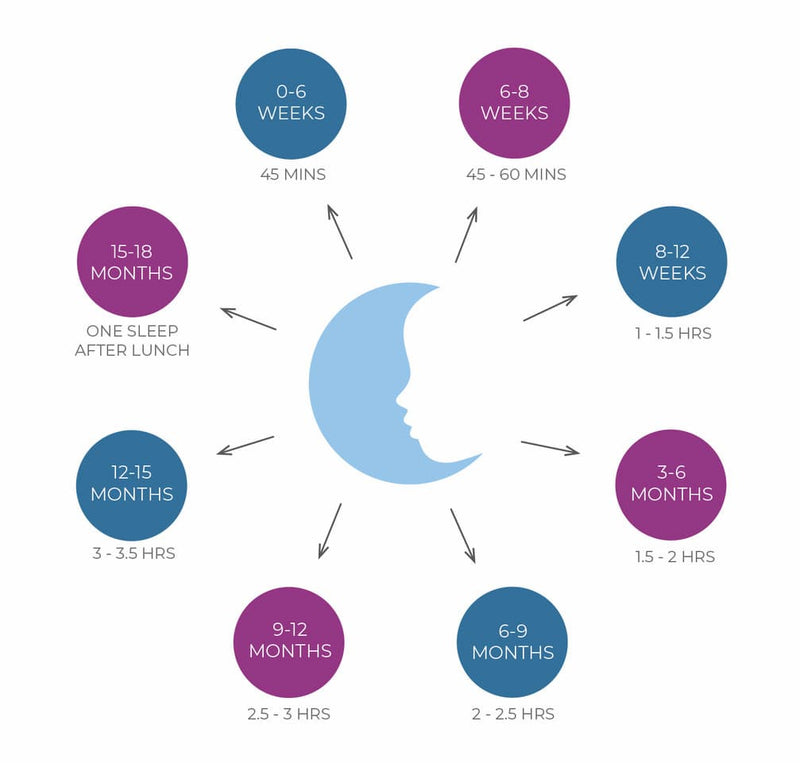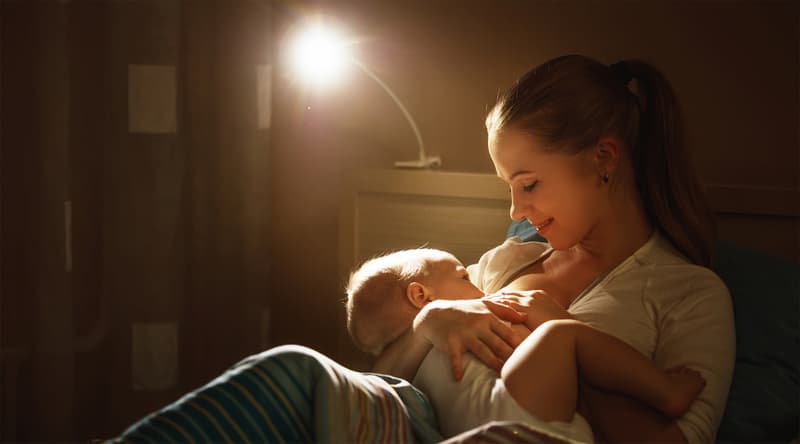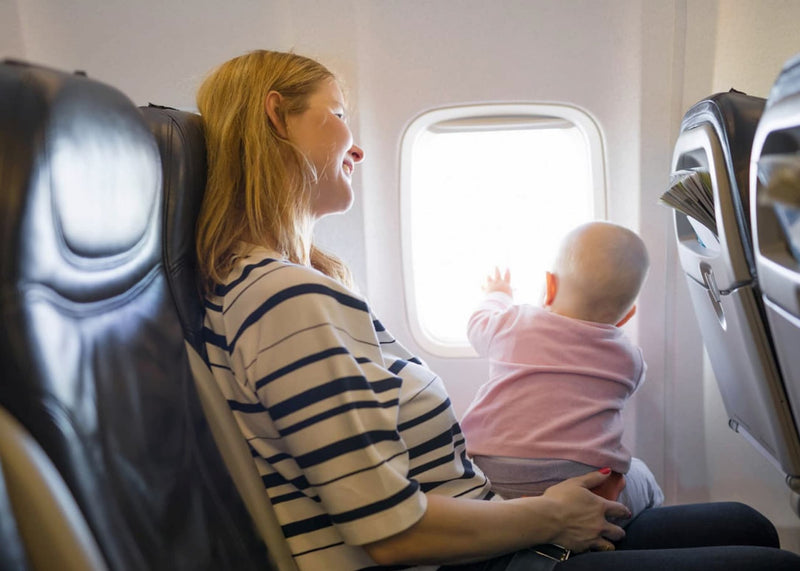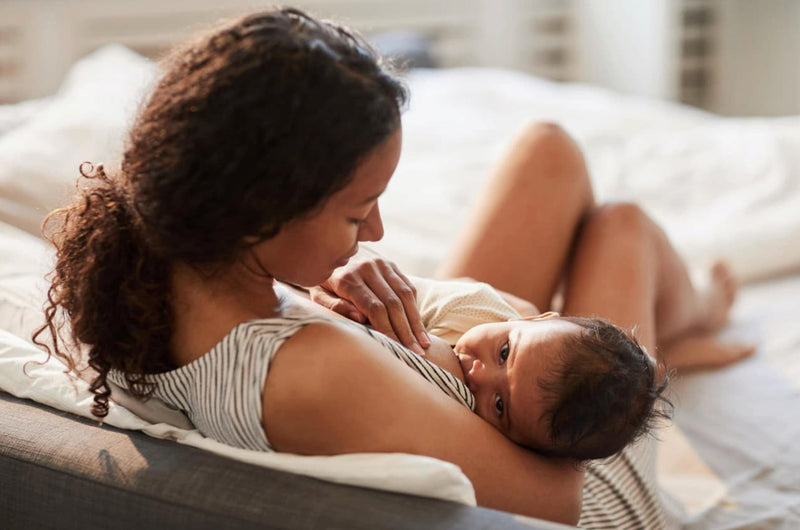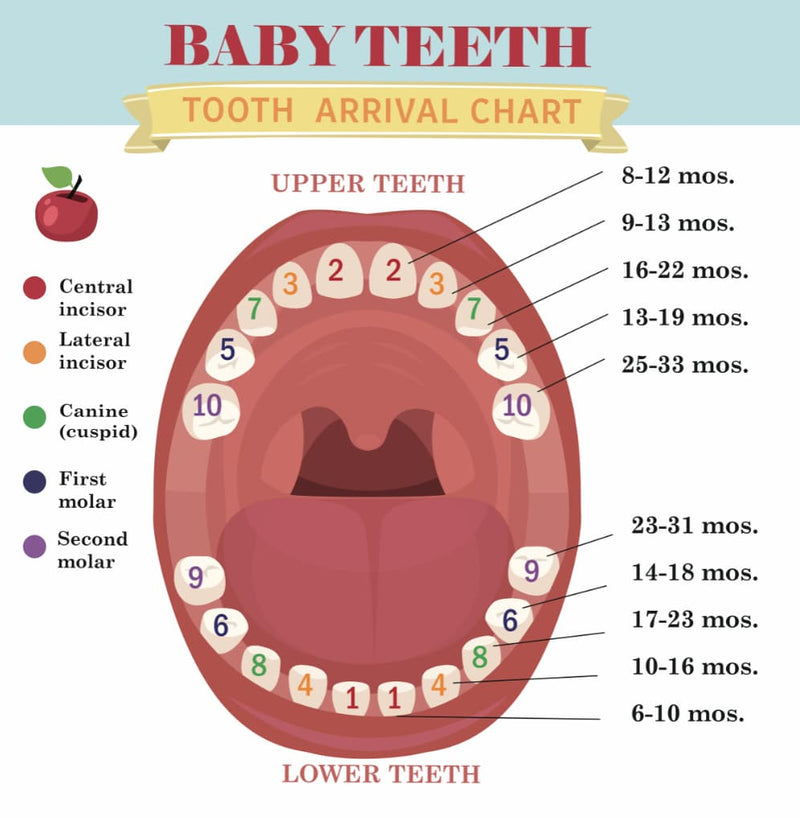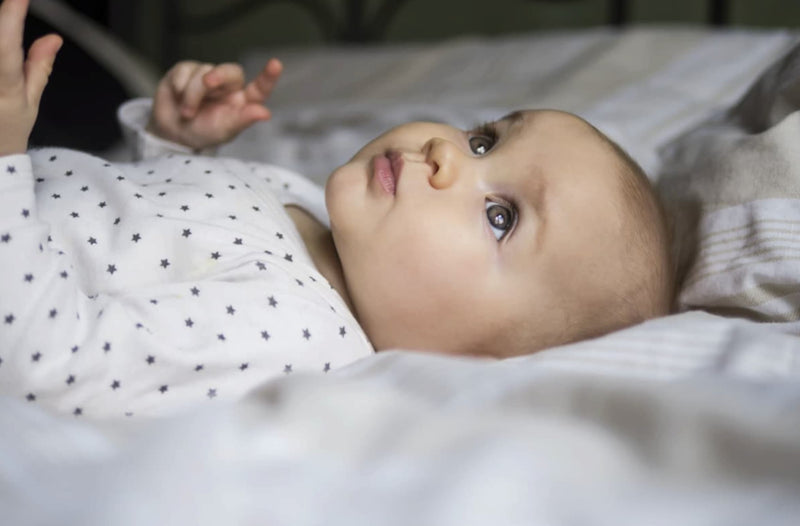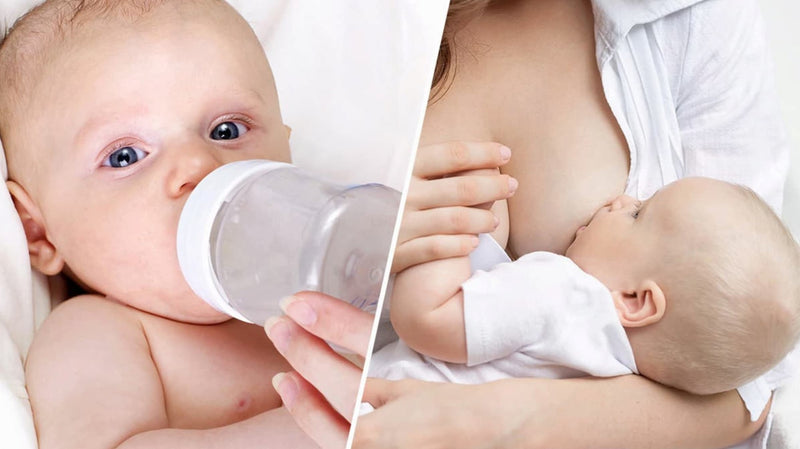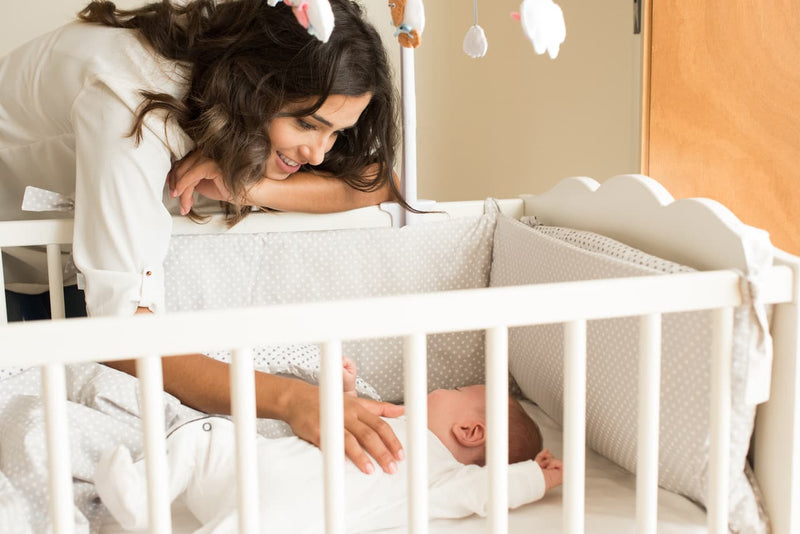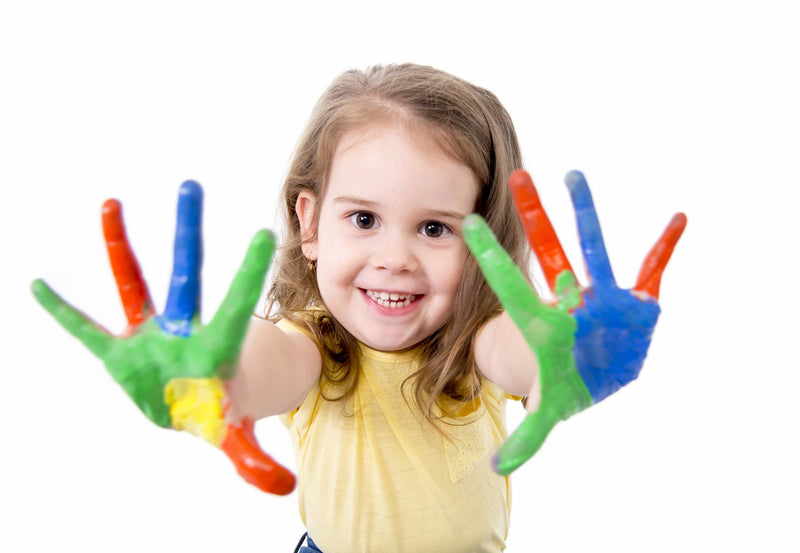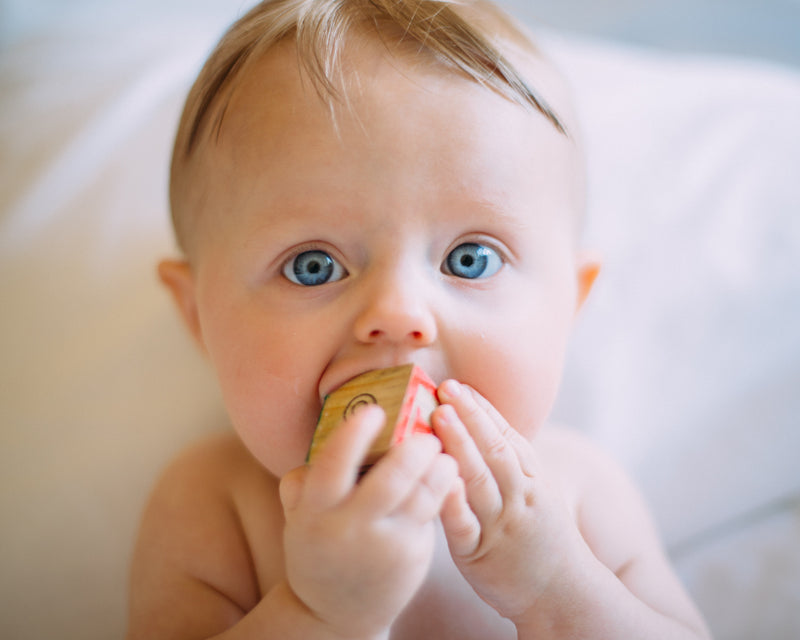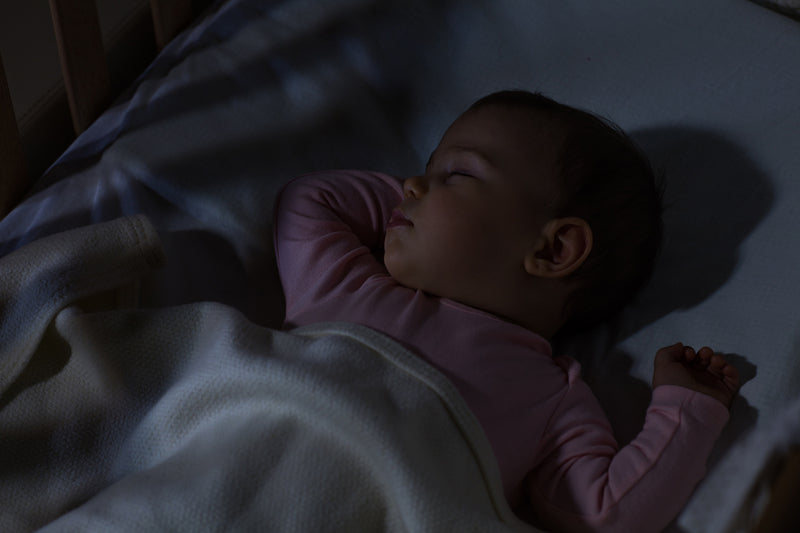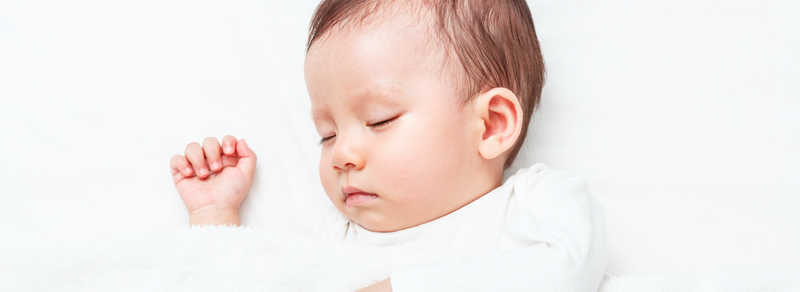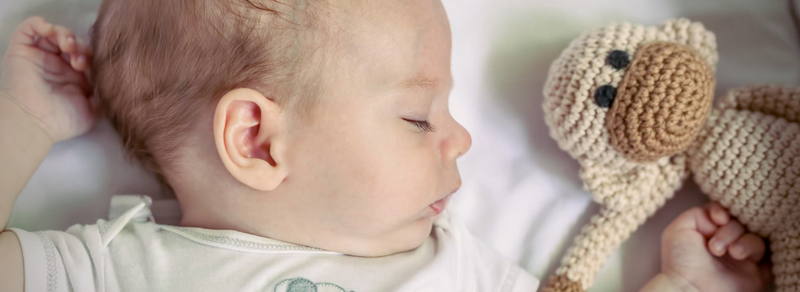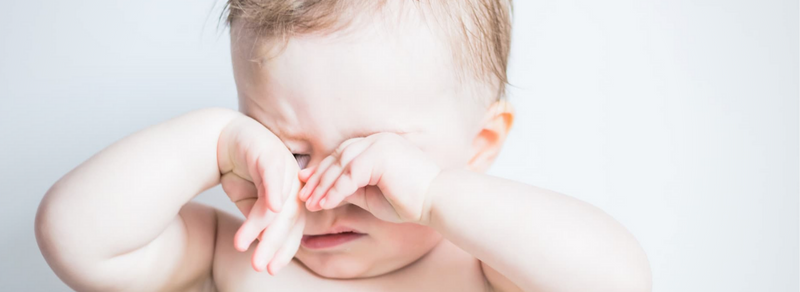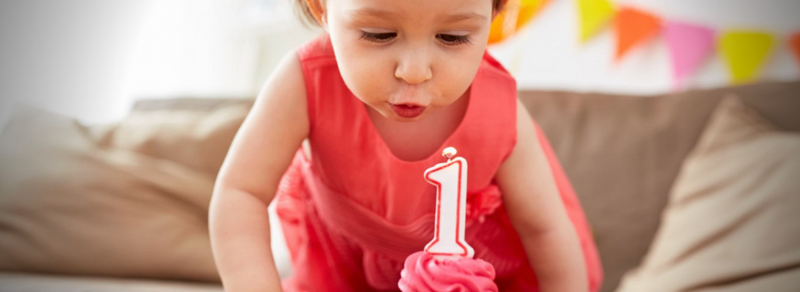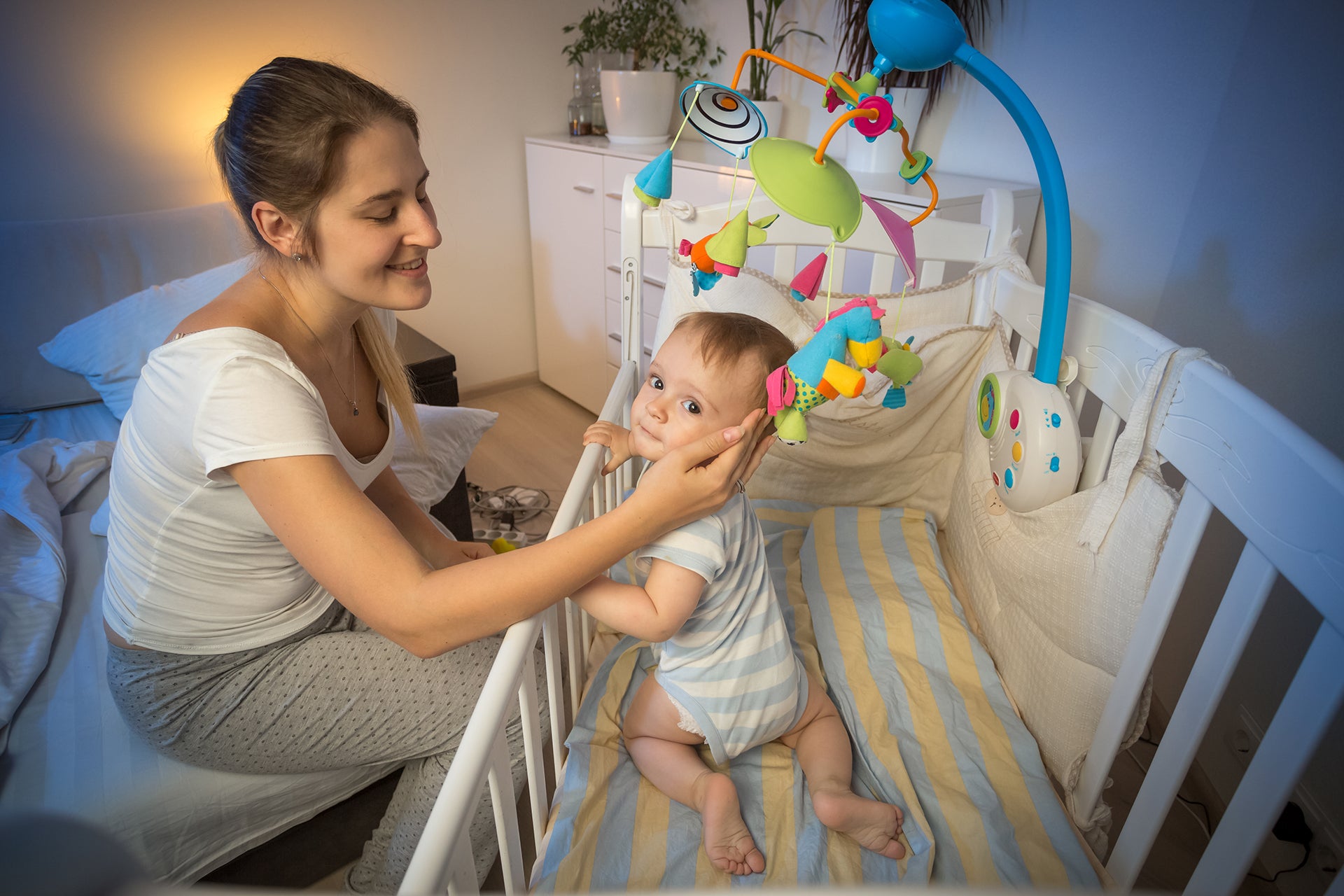
Do I have to do sleep training?
Baby Sleep Magic does not endorse sleep training for babies under the age of four months of age, even between the age of four to seven months, sleep methods are approached with caution. However, it is never too early to implement “Healthy Sleeping Habits”.
Our Packages have 11 alternate settling options, relevant from newborn through to 4 years of age. Including videos and tutorials to guide you every step of the way.
For younger babies we can try to encourage them to self-settle by placing them down 90% asleep instead of 100% asleep and see how they go. If they start crying, you can pick them back up again. But that does not mean we are doing sleep training.
We pride ourselves on offering you flexible routines - Not rigid schedules! Therefore, this is not a program with strict times you need to follow or a planned course you need to complete.
We provide you with age-appropriate sleep guides and information, along with helpful tips to help you navigate through the first few years of your child's life.
Believe it or not, in some cases sleep training may not even be required once all the core foundations and relevant elements have been addressed.
What We Focus On:
- Environment
- Emotional wellbeing
- Appropriate awake time
- Routine
- Nutrition
- Your parenting style
Working on your little one's sleep issues does not mean breaking any bonds or attachments you have with your baby/child. We provide effective alternate approaches that allows parents/carers to stay close, provide comfort and feel confident during the entire process without the need to cry it out
It is also important to keep your expectations realistic, some babies are naturally more passive and like sleeping, while others are more resistant. Temperament and personality play a significant role in how babies’ function, including their sleep behaviours
How do I know when to start sleep training?
I only recommend sleep training as a last resort. I strongly suggest implementing all the pieces to "The Puzzle” and the Baby Sleep Magic recommendations for one week prior to starting any sleep training as you may be surprised, in some cases, sleep training is not always necessary.
Just by offering some more milk, increasing your baby’s calories and/or portion sizes, adding an additional layer or changing your child's room environment, can sometimes make all the difference.
However, if after one week of following the Baby Sleep Magic guides you feel the need to implement sleep training, the results will be much more successful if your child's needs have been met prior to starting any changes to their sleeping habits. Parents should have clearance from their Health care provider and all medical problems need to be resolved, and your baby must be pain-free.
Be prepared to commit and follow through. It’s important to commit whole-heartedly to a process and your chosen method for 14-28 days. Consistency is important because it helps children learn what to expect. Children feel comforted by routines, and they feel safe when they can anticipate what will happen next.
What methods do you use?
In the Newborn Package (0 - 8 weeks) I teach parents how to create a strong sleep foundation by setting up healthy habits from the beginning with NO CRYING.
For guidance on self-settling, our Packages have 11 alternate settling options, relevant from newborn through to 4 years of age. Including videos and tutorials to guide you every step of the way.
Baby Sleep Magic advocates sleep training methods that involve supporting your child whilst you teach them how to resettle without the need for a comfort feed or for you to be lying with them. ‘Support’ means you are present and responsive to them overnight. ‘Resettling’ means you are offering an alternative technique to their usual sleep prop to help them fall to sleep.
Will teething and sleep regressions prevent me from sleep training?
Babies are constantly going through stages of leaps, sleep regressions and teething. By implementing healthy sleep habits and following the Baby Sleep Magic recommendations will help you navigate through these challenging times.
Will my baby grow out of being a “bad sleeper”?
If you are waiting for your little one to outgrow their sleeping habits, you may be waiting a while. Sleep is a skill that your baby must learn. The ability to fall asleep independently and link sleep cycles is learnt skill and a baby learns to sleep through experience and practice.
When an infant learns to sleep, that skill will last them a lifetime; so, it makes sense to teach your baby how to self-settle from an early stage. ⠀⠀
"Research shows that sleep problems during infancy can continue all the way up to adulthood.”
Sleep is a biological need, not a luxury. Lack of sleep has the same effect on babies as it does on adults. Because of this, it is important to ensure a baby learns to sleep well. Not only will this help make everyone much healthier and happier in the short term, but good sleeping habits will be with your child for the rest of their life!




